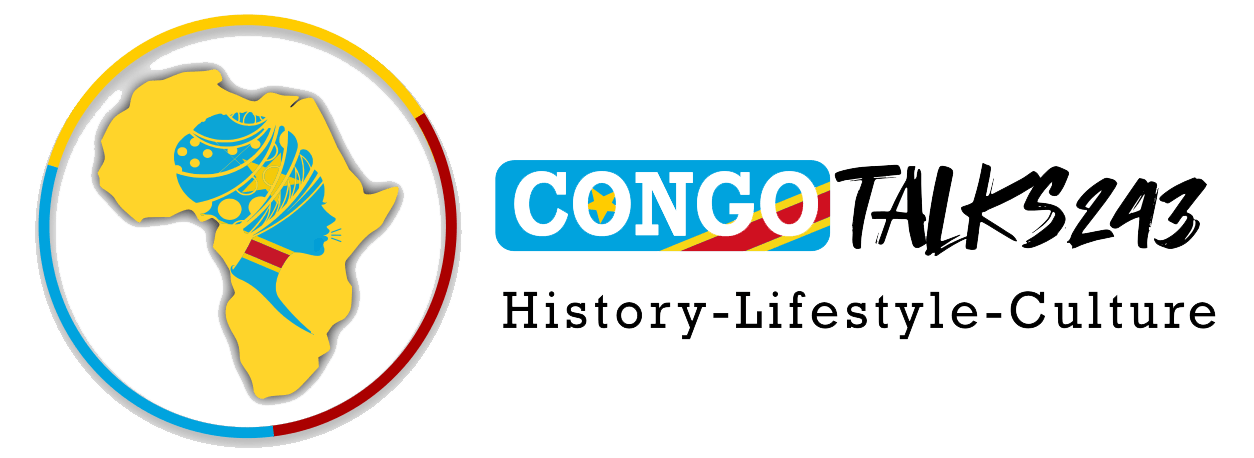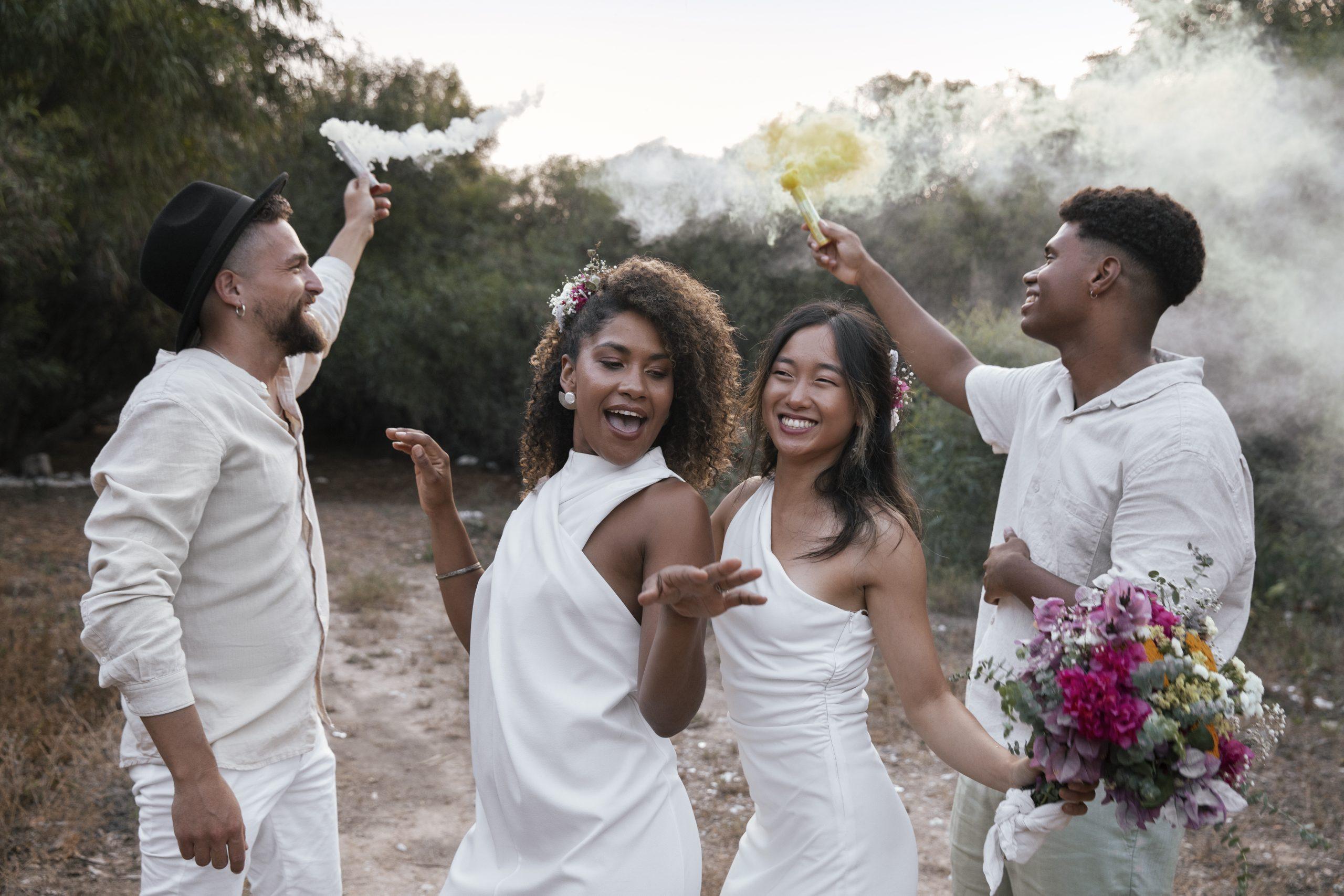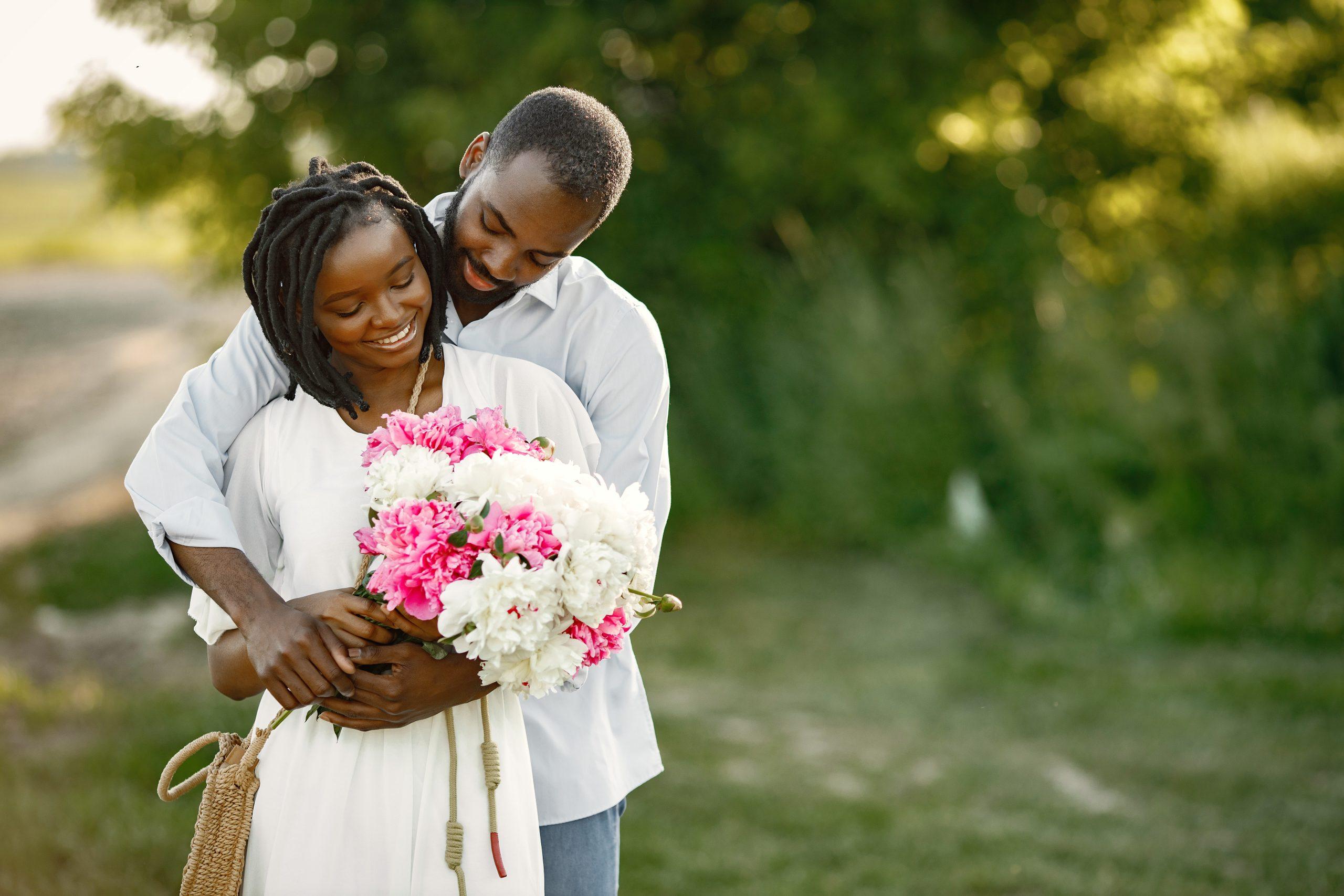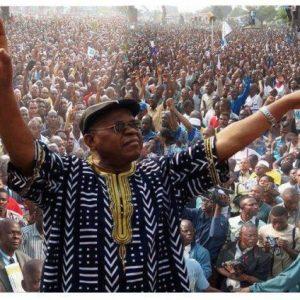For many centuries the DRC has been organising marriage in fixing a type of dowry as in most of the African countries. The country has different method for the dowry and the bride price is part of it, some traditional furniture can be given as well to the bride’s family. As in so many cultures in the world, there are always celebrities and traditions when it comes to marriage and the DRC does not make exceptions.
This article will cover all the important points about the Congolese marriage business, bride price, and their misunderstandings. We will define the bride price while giving some important steps for marriage in DRC and some challenges and misunderstandings with the marriage business.
Cultural Tradition of Bride Price in the DRC
Marriage and bride price: In DRC these words cannot be separated from each other. It means thinking about marriage is thinking about the bride price, but we can try to define these words in 2 different contexts:
-
The Congolese context or traditional context
The marriage is a perfect ceremony in which 2 different people from 2 different families mean to be together for life and death. It refers to a cultural institution where a groom and his family discuss, drink, eat, and celebrate with each other which is going to lead to a payment of the bride price.
The bride price symbolically becomes an amount of money or a set of different presents to point out the commitment, respect, love, and sacrifice the family has for the bride’s family. It is known to be the Lobola in Lingala or the dowry in English.
However, this sometimes can have different perceptions from different families because it’s the bride’s family that will fix the payment. Some families tend to exaggerate by increasing the payment that would be asked, the symbolic and traditional side turn into a common amount of things or money to value somebody. We all know that it’s impossible to value someone with a kind of price, and sometimes this bad point of view can just come from the family without the concerned person’s approval.
-
Global Context of Marriage
In a broader global context, marriage is a legally recognised union between two individuals, typically one man and one woman, but increasingly inclusive of same-sex couples in many countries. It involves a formal ceremony or legal contract signifying a committed partnership, which may or may not involve traditional customs like bride prices. Marriage serves various social, legal, and emotional purposes and varies widely in its practices and traditions across cultures.
So let’s point out the different steps of the actual marriage in DRC and when the bride price comes out.
Important Steps For Marriage in the DRC
-
The 1st step: Introduction
This is an important step where usually the man wants to go forward to let his future woman’s family know about his actual existence. The way it’s done is different from different parts and cultures in DRC, but the common way is the man will give a small amount of money in the envelope to his beloved, the woman will bring it to her mom generally, to introduce the existing man in her life and tells her how much they love each other and want to live together for the rest of their lives. The woman’s mom will ask some basic and crucial questions to her daughter and lets her father know about the man who want to come to brief himself and take their daughter as wife.
This can lead to a small meeting or a dinner between them if the woman’s family accepts him.
-
The 2nd step is the Pre-traditional wedding
Once accepted by a small group, the man and some members of his family, usually the father and mother, the aunts and uncles, or just important members of the family will go to the in-laws (to be) for a meeting which will end with some drinks; beers, wine, soda, music and dances to celebrate and immortalise the moment.
The goal of the event is to list all the traditional gifts and to fix the bride price while arranging how things will go for the next events, task divisions, and responsibilities. But this event is just to officialise the relationship between not just the man and the woman but also the two families are linked now together by the two children.
For the occasion, the man’s family will come up with different traditional gifts like salt, sugar, oils, etc… The list will usually depends on the in-laws’ culture but as we mentioned before even for this first event the family in-law can exaggerate sometimes.
-
The 3rd step is the traditional wedding
The traditional marriage in DRC is the most important marriage that exists. Most married people have stopped at this step actually because of how crucial it is.
So what exactly happens at this stage?
As mentioned above, the previous event was to list out the traditional gifts and the bride price as well as responsibilities and tasks divisions for the next parts. It’s just like a promise but this stage is the beginning of fulfilment of what was said or promised in the previous part.
The cost is generally divided into 2 parts, one in kind (traditional gifts) and the other in cash (the bride price).
In-kind, the man’s family will come up with different traditional gifts that have been asked by the bride price or listed throughout the traditional marriage. These are the gifts generally asked despite the culture’s diversity:
Father-in-law suits, shoes, belts, books or watches, etc…
Mother-in-law, 2 loincloths, some dishes etc.
For the entire in-laws:
A basin for washing clothes, a bag of salt or rice, a can of palm oil, a cuff, a pirogue, an axe, a bicycle, a jacket, two loincloths, bottles of traditional or modern wines, etc..
Note: The traditional presents in the traditional marriage are generally different from the pre-traditional marriage ones, not just in terms of the ceremony purposes but also because of the quantity asked, for the second one the gifts quantity is generally bigger than the first because of the importance it has. So the same gifts may be repeated sometimes in both ceremonies.
In cash: the bride bride price.
The bride price, the Lobola, or the Dowry
This is a long-standing cultural tradition in DRC. The amount of money asked can vary from one family to another. On average it usually starts from 1500 USD to 5000 USD. This amount of money generally has a symbolic meaning and can’t be returned to the man’s family. It’s a sign of love, respect, and sacrifice for the woman’s family.
At the end of this event, the two families will shortly celebrate the moment with some foods and drinks, but the true party of this event is made just after.
The traditional gifts can sometimes be requested in cash. This depends on the in-laws’ culture or decision. How the practice sometimes has exaggerations, and misunderstandings and can badly be used and asked.
Let’s continue with the steps outlining them. I will try to find out the main problem of the bride price or dowry in DRC.
-
The 4th step: The post-traditional wedding
After bringing all the requested amount of money for the bride price or Dowry and the traditional gifts, the in-laws will organise a great party to celebrate the actual traditional marriage, this can be inside the in-laws’ home but regarding the number of people they can book a place a bit bigger to have more space. This party is fully supported by the in-laws. It’s at this stage the man’s family can breathe a little bit.
-
The 5th step: The civil marriage
Civil marriage is one of the most important steps of the process, it’s at this stage that the couple and their respective families can be known by the government. The legalization is made by the local authorities at the town hall or commune or local court.
-
The 6th step: The religious marriage or the nuptial blessing
Almost the last step, this event is made on the same day as the previous step. It’s an important step where the couple and family members will go to worship God, praise the Lord, and get a blessing for the marriage in front of the family, people in the church, etc . It is one of the prettiest events.
The great wedding party
All the events are closed by a big celebration in the evening. This party is formal and deserves turns to be expensive and a couple who reach this stage can be valued by others. This party is mainly supported by both families, 50-50% or 75-25% or 60-40%, the event currently seems to be the most unforgettable experience that the couple may have.
Challenges and Misunderstandings in the Marriage Business
In this part we will outline some important issues that can be found in the DRC marriage business.
-
The meaning of the bride price is usually misunderstood
The bride price is a name that most refers to a business transaction because even the word ‘price’ should not be used. The bride price is not correctly understood. People tend to exaggerate in increasing the cost that the other family can support, it becomes like a business opportunity and loses its cultural meaning, the bride price as mentioned above is an ancestral habit that emphasizes love, respect, sacrifices, etc.
This is mostly used as the way for both families to join their cultures and traditions together. Sharing customs and cultures by putting their children together and the previous part has described the process, one of the steps is traditional marriage. So the name bride price or pricing the bride sounds transactional and tends to objectify women as if they were for sale.
-
The over-involvement of the extended family
In African culture, families generally have no limits in terms of the links they can have with each other, whether it’s the restricted family or the extended family. Unfortunately, this doesn’t always work out in the right way when it comes to decision-making in marriage matters. Uncles and aunts, for example, tend to be very inclusive and sometimes abusive, and most of the time they don’t know the bride or groom, for example, so their way of judging or making decisions will be a little biased and a little selfish. Just including a large number of people in the wedding business always leads to misunderstanding, discontent, or even exaggeration. This video further explains the errors of this practice.
-
Business opportunity, exploitation and economic pressures
Another factor that detracts from the meaning of marriage and the bride price is that some families want to go beyond what is reasonable in terms of the price they can charge, which in itself is symbolic. Perhaps standardizing this all-important detail would be of great benefit to most families and cultures, but some parents set very exorbitant prices, as if they wanted to ruin their son-in-law.
Bad practices have long been displayed by various families who even tend to base the fixing of this price on the bride’s studies, social class, and origin or background, which even destroys the meaning of this ancestral tradition. The bride price often places a significant financial burden on the groom and his family. In many cases, families go into debt or exhaust their resources to fulfill this customary obligation.
Closing Thoughts on Bride Price and the Marriage Business
Marriage and the bride price in Africa in general, and in DRC in particular, have long been seen as purely symbolic and traditional practices, even though many professionals have also pointed out for years that these practices do not promote gender equality, nor leave much freedom of choice to couples aspiring to live together.
It’s a very long process, from the presentation of the pre-dowry to the deposit of the dowry with the bride price, the traditional marriage, the religious marriage with the civil marriage, and the big party to crown all stages. In principle, the customary wedding has long been considered the most primordial wedding because of its attachment to tradition: to the deposit of traditional supplies and the bride price, even if going through all its stages and events always adds merit, pride, and much honor to both families.
If you want to know more about Congolese culture in general, we recommend you to follow us on your favourite social media platforms: Instagram (@congotalks243 and @yafelie), Twitter (@congotalks243), TikTok (@yafelie and @congotalks243), Facebook (@CongoTalks243) and LinkedIn (@CongoTalks243), and subscribe to our YouTube channel.
✅ How to support our works: PAYPAL: https://paypal.me/CongoTalks243
For business inquiries related to CongoTalks243, you can reach out at info@congotalks243.com.





